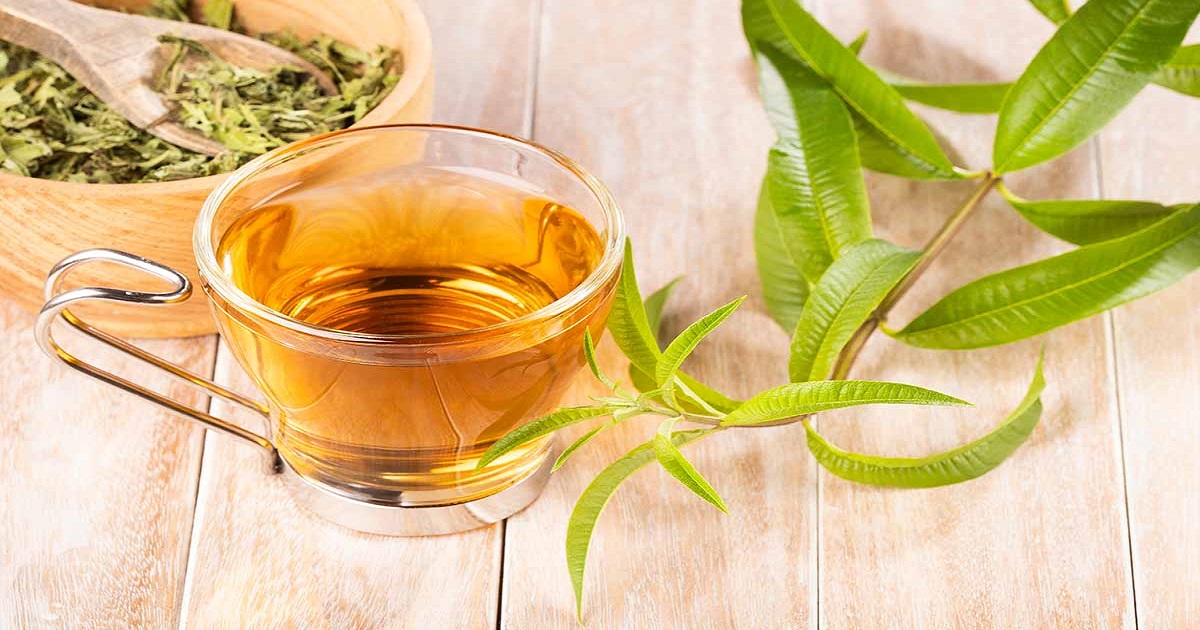Lemon verbena tea, derived from the aromatic leaves of the lemon verbena plant, offers a refreshing and healthful alternative to traditional teas. With a rich history dating back centuries, this herbal infusion is renowned for its myriad health benefits, distinct flavor profile, and versatility in both culinary and medicinal applications.
Introduction to Lemon Verbena Tea
What is Lemon Verbena?
Lemon verbena (Aloysia citrodora) is a perennial shrub native to South America, prized for its bright lemony fragrance and flavor. It belongs to the Verbenaceae family and is often cultivated for its culinary and therapeutic properties.
Historical Significance of Lemon Verbena Tea
Throughout history, lemon verbena has been esteemed for its medicinal attributes and aromatic qualities. Ancient civilizations, including the Greeks and Romans, valued it for its purported health benefits and used it in various remedies.
Health Benefits
Lemon verbena tea boasts an array of health benefits, making it a popular choice among wellness enthusiasts.
Rich in Antioxidants
Antioxidants found in lemon verbena tea help combat oxidative stress and reduce the risk of chronic diseases such as heart disease and cancer.
Aids Digestion
The natural compounds in lemon verbena tea can promote healthy digestion by alleviating bloating, indigestion, and gastrointestinal discomfort.
Boosts Immune System
Regular consumption of lemon verbena tea may strengthen the immune system, thanks to its high vitamin and mineral content.
Relieves Stress and Anxiety
The calming properties of lemon verbena tea make it an effective remedy for reducing stress, anxiety, and promoting relaxation.
How to Prepare Lemon Verbena Tea
Fresh Leaves vs. Dried Leaves
Fresh lemon verbena leaves yield a more vibrant flavor, while dried leaves offer convenience and a longer shelf life.
Brewing Methods
To make lemon verbena tea, steep a handful of fresh or dried leaves in hot water for 5-10 minutes, then strain and serve.
Serving Suggestions
Enjoy lemon verbena tea hot or cold, plain or sweetened, with a squeeze of lemon for added zest.
Side Effects and Precautions
While generally safe for most people, lemon verbena tea may cause allergic reactions in sensitive individuals. It’s advisable to consult a healthcare professional before incorporating it into your routine, especially if you have pre-existing medical conditions or are taking medications.
Culinary Uses
Beyond its role as a beverage, lemon verbena adds a burst of flavor to various culinary creations.
Flavoring Desserts and Drinks
Infuse desserts, such as sorbets, custards, and cakes, with the bright citrusy essence of lemon verbena.
Incorporating into Savory Dishes
Use fresh or dried lemon verbena leaves to season salads, marinades, and sauces for a hint of lemony freshness.
Growing and Harvesting Lemon Verbena
Ideal Growing Conditions
Lemon verbena thrives in well-drained soil and full sun, making it an excellent addition to herb gardens or containers.
Harvesting and Preserving Leaves
Harvest lemon verbena leaves in the morning when their flavor is most potent, and dry them for later use or use them fresh.
Popular Lemon Verbena Tea Recipes
Lemon Verbena Iced Tea
Brew a batch of lemon verbena tea, chill it, and serve over ice with a sprig of fresh mint for a refreshing summer beverage.
Lemon Verbena-Infused Cocktails
Elevate your cocktails by adding a splash of lemon verbena-infused syrup or muddling fresh leaves for a burst of flavor.
Where to Find Lemon Verbena Tea
Lemon verbena tea is available at specialty tea shops, health food stores, and online retailers, ensuring accessibility for enthusiasts worldwide.
Lemon Verbena Tea vs. Other Herbal Teas
In comparison to other herbal teas, lemon verbena stands out for its unique flavor profile, versatility, and health-promoting properties.
Customer Reviews and Testimonials
Enthusiastic consumers praise lemon verbena tea for its refreshing taste, soothing effects, and overall wellness benefits.
The Environmental Impact
Sustainable practices in lemon verbena cultivation and sourcing contribute to preserving biodiversity and protecting ecosystems.
Lemon Verbena Tea in Traditional Medicine
Folk Remedies
Lemon verbena has a long history of use in folk medicine for treating ailments ranging from digestive issues to insomnia.
Ancient Uses
Ancient civilizations revered lemon verbena for its medicinal properties and incorporated it into various remedies and rituals.
Conclusion
Lemon verbena tea offers a delightful fusion of flavor and wellness, making it a valuable addition to any tea lover’s repertoire. Whether enjoyed for its refreshing taste, therapeutic benefits, or culinary versatility, this aromatic infusion continues to captivate enthusiasts worldwide.



